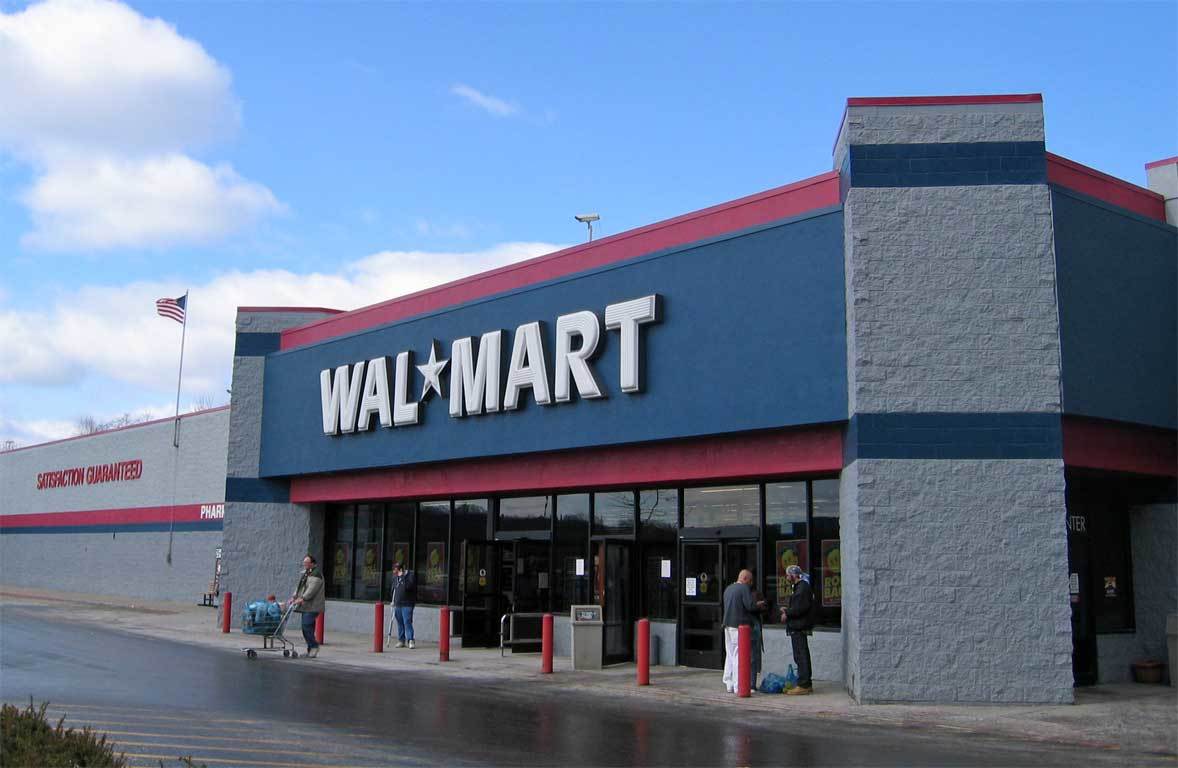TOPEKA, Kan. (Legal Newsline) - The Kansas Supreme Court will hear arguments Thursday on whether buildings housing “big box” stores like Walmart and Target are worth more than other commercial structures simply because of who occupies them.
The retailers argue their buildings should be valued like any other property, based upon a combination of factors including location, cost and market rents in the area. Kansas municipalities dub that approach the “dark store theory,” saying it ignores the economic reality that a busy Walmart store is far more valuable than a vacant Kmart building a few miles away.
Both sides have powerful supporters and how the Kansas Supreme Court decides this case will determine whether local taxing authorities can consider the value of the business conducted inside a building when determining how much property tax the owner should pay. While the state’s high court ruled against oil and gas well owners in a similar dispute involving tax appraisals last year, that involved a different statute and claimed to uphold longstanding valuation practices in the industry.
With the big-box case, Walmart appears to have history on its side. The Kansas Constitution requires “a uniform and equal rate of assessment” for real estate, but perhaps more significantly, the Kansas State Legislature supported the retailers’ approach in 2016 when it amended the tax appraisal code to require properties to be valued on a “fee simple” basis. Retailers argue that means the value in an arms-length transaction, stripped of intangible rights such as a lease with a specific tenant.
The Kansas Court of Appeals agreed with Walmart in 2021, upholding a Board of Tax Appeals ruling that slashed the appraised values of 11 company properties in the Kansas City suburb of Johnson County.
Johnson County essentially doubled the tax value of the Walmart properties in 2015, citing a new appraisal method based on the rents charged by developers for so-called “build-to-suit” projects.
Johnson County – supported by the Kansas Association of Counties and the League of Kansas Municipalities – says big-box stores are more valuable than other types of real estate because they contain profitable businesses operated by national chains. Most are either owned by the retailers outright or leased under build-to-suit agreements, under which they pay rent for 10 or 15 years to repay the cost of financing construction.
Valuing big-box stores the way Walmart wants “will create serious consequences for taxing authorities,” the county said in March 21 brief to the Kansas Supreme Court. “If these properties are required to be valued as if vacant, taxing authorities will be forced to shift the tax burden from big box property owners to multi-tenant commercial and residential property owners.”
The Court of Appeals rejected that approach, however, citing its 2012 decision involving Prieb Properties in Shawnee County. In that case, the court said that tax appraisers can consider build-to-suit rental rates but must adjust them to reflect what other tenants are paying in the area.
“A commercial build-to-suit lease is not – in and of itself – reflective of actual rental rates in an open and competitive market,” the Court of Appeals ruled in Prieb.
The Court of Appeals upheld Walmart’s BOTA victory over Johnson County citing the same logic. It said the Kansas Legislature approved of Prieb when it added the word “fee simple” to the code in 2016. That action showed legislators want tax appraisers to value buildings as if they were vacant, with the prospect of being leased at market rates but with adjustments to reflect location, building quality and the cost and risk of a typical lease-up period.
“Johnson County has not shown that the definition (of “fee simple interest”) is wrong,” the appeals court wrote. “Instead the county has simply found a definition that it prefers.”
Walmart is supported by the U.S. Chamber of Commerce and its Kansas chapter. They called the “dark store theory” promoted by the counties a “fictional tale” that ignores the fact appraisers will still consider the market rents a landlord can charge for a building when setting its value.
“Under the mandate of uniform taxation, large commercial properties may not be valued significantly higher for tax purposes than comparable real estate simply because a particular retailer’s name is on the door,” the Kansas Chamber said in an amicus brief.
The Institute for Professionals in Taxation agreed. Build-to-suit leases are really a form of construction financing, reflecting not just market rents but the amount needed to amortize the cost of construction plus a profit margin for the developer, the group said Its amicus brief.
“A lease never increases the market value of real property rights to the fee simple,” the group said. “If an existing lease does not reflect the rental rate that is achievable in the open market, it cannot be relied upon.”
